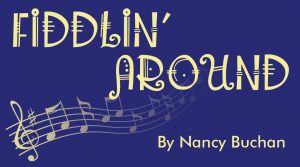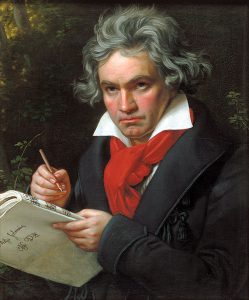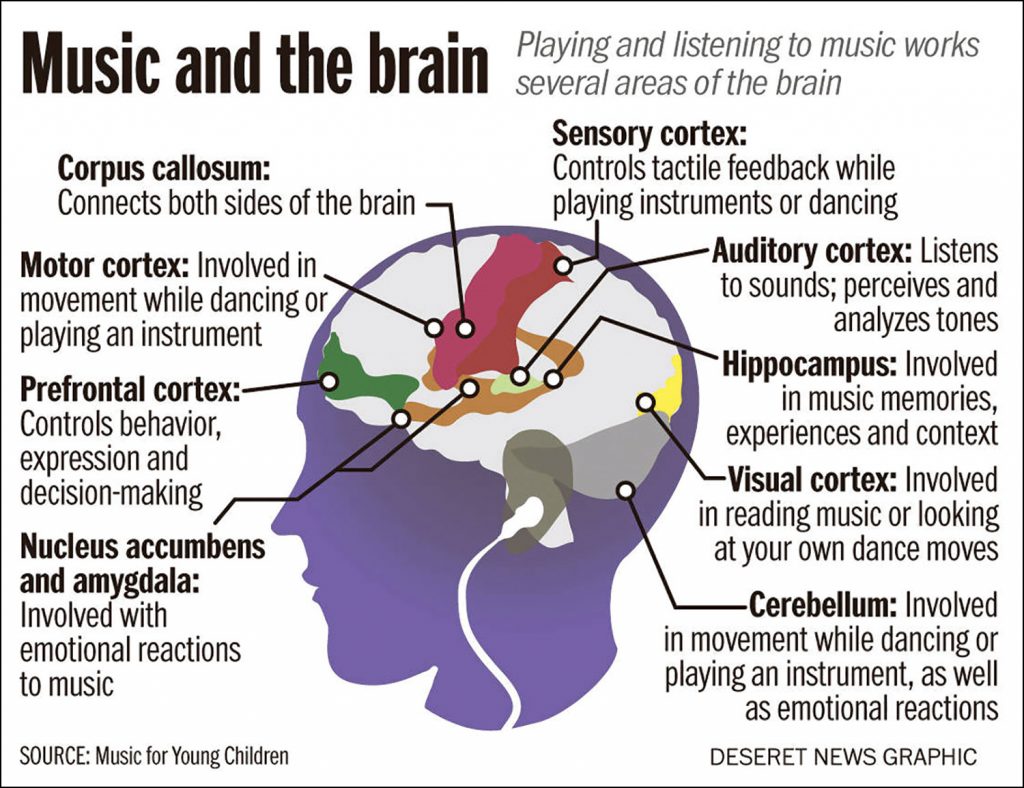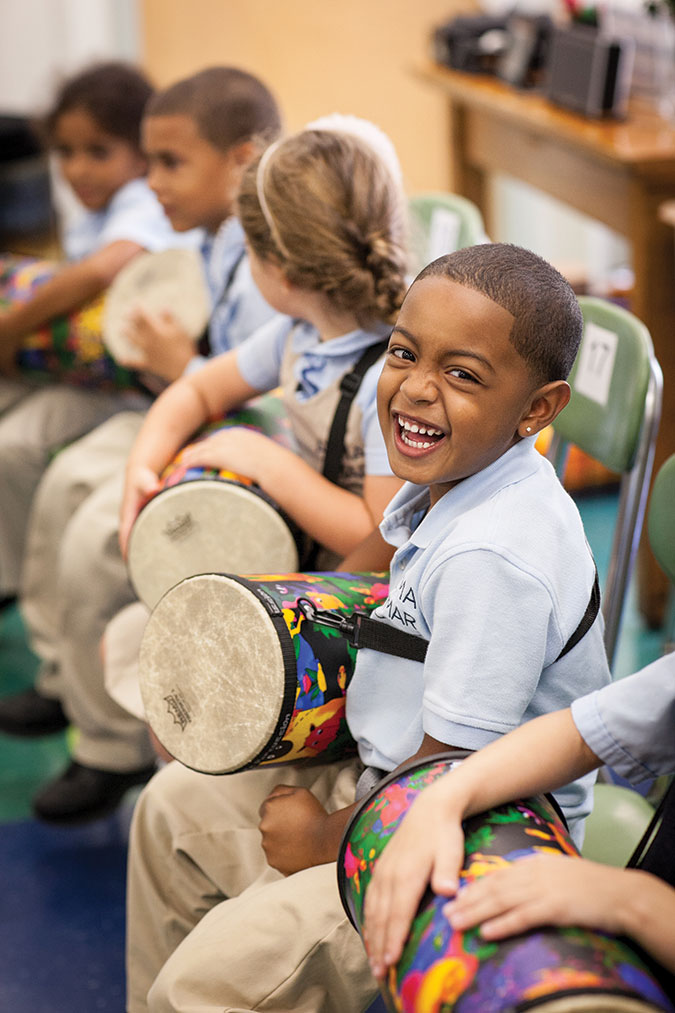Fiddlin’ Around – March 2017
 Yep, folks, these are some mighty strange times we are living in. It is not a very brave new world. It’s a world where alternative facts can be used to ‘prove’ any argument, and where long term planning and prevention and learning from our mistakes is not on the agenda. It’s like a bunch of 5 year olds disagreeing for the sake of disagreeing. “uh uh, no it’s not” “yes it is” “no it’s not” “yes it is”… After a couple of minutes and a couple of black eyes the original argument has been forgotten by the kids—but not the meanness.
Yep, folks, these are some mighty strange times we are living in. It is not a very brave new world. It’s a world where alternative facts can be used to ‘prove’ any argument, and where long term planning and prevention and learning from our mistakes is not on the agenda. It’s like a bunch of 5 year olds disagreeing for the sake of disagreeing. “uh uh, no it’s not” “yes it is” “no it’s not” “yes it is”… After a couple of minutes and a couple of black eyes the original argument has been forgotten by the kids—but not the meanness.

So it is with some trepidation that I throw my hat into the political fact ring. But the facts I want to talk about here are about music and the role music plays in every society on this planet. America is not the only country who has to grapple with putting a price tag on art and music, but I am worried that everyone will lose if we do not support and help the creative types do what they do. Long after we have forgotten stupid tweets and egotistical rants and watching some loser getting their 15 minutes of fame, the music of long-dead guys like Beethoven will hopefully still be being played by a youth orchestra somewhere in Kentucky. Or Beirut or Stockholm or Singapore. Or at the music school in San Isidro where I teach. Beethoven will still be giving joy and meaning and beauty to the world long after we’re gone, and the skills and cooperation necessary to play and spread his music will still be relevant and welcome. But as with anything valuable, we must protect and insure that his notes are still out there to be shared.
 The current administration in the states has vowed to eliminate the National Endowment for the Arts and the National Endowment for the Humanities. Apparently we can bail out banks, car manufacturers, pharmaceutical companies, and oil industry CEOs, but not Beethoven. The NEA is an independent federal agency whose goal is to fund, promote and strengthen the creative capacities of our communities by providing all Americans with diverse opportunities for arts participation. This funding makes up a fraction of 1% of the federal budget. Read that again—a fraction of 1%!! 0.0003% to be exact. Protection for Trumps wife, children and grandchildren while they live in NYC is estimated to cost from $700,000 to 1 million dollars per day, which comes out of the same federal budget. Last year the NEA received 148 million dollars for the entire year. You do the math.
The current administration in the states has vowed to eliminate the National Endowment for the Arts and the National Endowment for the Humanities. Apparently we can bail out banks, car manufacturers, pharmaceutical companies, and oil industry CEOs, but not Beethoven. The NEA is an independent federal agency whose goal is to fund, promote and strengthen the creative capacities of our communities by providing all Americans with diverse opportunities for arts participation. This funding makes up a fraction of 1% of the federal budget. Read that again—a fraction of 1%!! 0.0003% to be exact. Protection for Trumps wife, children and grandchildren while they live in NYC is estimated to cost from $700,000 to 1 million dollars per day, which comes out of the same federal budget. Last year the NEA received 148 million dollars for the entire year. You do the math.
In their 32 years of existence, the NEA has funded or helped to fund over 30,000 projects. Go to the website neafunded.us and look at some of the great ventures they have helped financially—it’s a fascinating list of important and worthy causes. Many of these projects are in rural areas where there are no other options. Many of these grants go to the preservation of historical ethnic traditions. Many go to inner city youth programs which will certainly pay off in the long run by influencing kids to continue their education and in becoming well-rounded productive adults.
Programs that provide creative arts therapy for mentally and physically damaged American veterans. Funding for small rural radio stations so the locals can hear about global news as well as news of their neighbors and impending weather. Money for a talented luthier to build a better cello. After school art and music classes for kids whose public schools don’t offer these studies—which most of them don’t nowadays. Recordings and photo restoration of indigenous peoples’ stories and communal knowledge. Funds to keep the dreams alive of ballerinas and filmmakers and violinists and painters and composers and photographers and illustrators and lighting technicians and poets…

Scientists and educators have long been aware of the mental and physical benefits of playing music. Healthier hearts, lowering of cholesterol, better memory, happier people—the list is long and well-documented. There have been many, many studies about the effects of studying music as a child. Children who study music tend to have larger vocabularies and more advanced reading skills. Children who learn to play an instrument are more likely to excel in all their studies, work better in teams, have enhanced critical thinking skills and pursue higher education. One study showed that students who participated in music groups have lower current and lifetime use of all substances like tobacco, alcohol and drugs. Course they’re probably not talking about rock bands… Scientists who chart brain waves while someone is playing an instrument see all kinds of brain activity—it’s like mental calisthenics. Schools with music programs have a 90.2% graduation rate (72.9% without) and a 93.9% attendance rate (84.9% without). A Stanford University study says that playing music engages areas of the brain that are involved with paying attention, making predictions and updating events in our memory. Young musicians score higher on standardized tests—22% better in English and 20% better in math. Playing music helps children cope socially and teaches discipline and organization. Children with learning disabilities benefit greatly. Frankly I can’t see any down side to fostering and nurturing artists of all types and ages—plus we often end up with a beautiful painting or an important recording or maybe even another Beethoven.
For the folks who only see value in dollar signs, nearly 5 million Americans are employed in arts and cultural industries. We make films, and documentaries and guitars and harmonicas. We employ accountants and fashion designers and printers. We provide entertainment and social awareness and express our faith in God or our love of beauty. The list is long. The arts contribute more than 700 BILLION dollars to the U.S. economy every year. The arts benefit us all. During the 2nd world war, Winston Churchill was asked to cut funding for the arts. He replied, “Then what are we fighting for?”
 Every time I go to teach violin at the Escuela de Musica Sinfonica in San Isidro I see the families of my students showing their support to the kids endeavors—providing transportation, volunteering at the school, coming out in droves for their recitals and concerts. Ticos understand the value of learning music—they know most of these kids won’t end up being professional musicians, but they are committed to giving them options and want them to see and value the arts. In Costa Rica, the Ministry of Culture is in charge of supporting the arts. They find money for the National Orchestra (which is rated very highly in the classical orchestral world), a professional chorus and opera company, the National Institute of Music and for the designated SINEM schools. Universities have music programs and there are quite a few music academies funded by private donations. In the southern zone, our school is the only one that has a complete program to give students a technical degree in music when they graduate. Our school is a project of the National University of Costa Rica and is supported by the Ministry of Education, which also supports around 13 other schools. The Municipality of Perez Zeledon also chips in on our funding, as do some private donors. For such a small country with limited money, Costa Rica does an admirable job of promoting the arts, and I have seen many of our students receive scholarships to study abroad and others who are now studying music at the university level in San Jose.
Every time I go to teach violin at the Escuela de Musica Sinfonica in San Isidro I see the families of my students showing their support to the kids endeavors—providing transportation, volunteering at the school, coming out in droves for their recitals and concerts. Ticos understand the value of learning music—they know most of these kids won’t end up being professional musicians, but they are committed to giving them options and want them to see and value the arts. In Costa Rica, the Ministry of Culture is in charge of supporting the arts. They find money for the National Orchestra (which is rated very highly in the classical orchestral world), a professional chorus and opera company, the National Institute of Music and for the designated SINEM schools. Universities have music programs and there are quite a few music academies funded by private donations. In the southern zone, our school is the only one that has a complete program to give students a technical degree in music when they graduate. Our school is a project of the National University of Costa Rica and is supported by the Ministry of Education, which also supports around 13 other schools. The Municipality of Perez Zeledon also chips in on our funding, as do some private donors. For such a small country with limited money, Costa Rica does an admirable job of promoting the arts, and I have seen many of our students receive scholarships to study abroad and others who are now studying music at the university level in San Jose.
Support the arts! Encourage young musicians to follow their dreams! Get out and listen to live music!
Above all, we are coming to understand that the arts incarnate the creativity of a free people. When the creative impulse cannot flourish, when it cannot freely select its methods and objects, when it is deprived of spontaneity, the society suffers. John Fitzgerald Kennedy
Humanity is the rich effluvium, it is the waste and the manure and the soil, and from it grows the tree of the arts. Ezra Pound
Don’t only practice your Art, but force your way into its secrets; Art deserves that, for it and knowledge can raise man to the Divine. Ludwig van Beethoven
